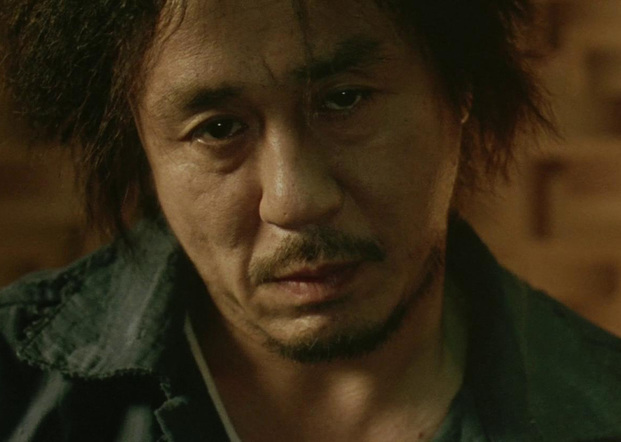|
BAN-JEON — the Korean word for “plot twist” — may not sound like anything special as we have repeatedly seen the use of twists across multiple western blockbusters. Yet, through its astute fusion of unsettling psychological manipulation, graphic gore, and all-too-real emotional human reactions, South Korea’s take on this trope does much more to emphasise and instil fear into the narrative.
A notable example of ban-jeon can be seen in the climax of Park Chan-wook’s OLDBOY. The conniving Lee Woo-jin (Yoo Ji-Tae) reveals to our protagonist Oh Dae-su (Choi Min-sik) that, in a twisted act of revenge, his 15 years of imprisonment and torment was to concoct a scheme to make Dae-su fall in love and commit incestuous acts with his daughter Mi-do (Kang Hye-jung). An uncomfortable silence immediately follows this revelation, creating a palpable burning tension between the bitter Woo-jin and the distraught Dae-su. Dae-su, in a desperate attempt to secure Woo-jin’s silence on the matter, abruptly cuts out his own tongue as an act of penance for what he has done. Woo-jin coldly accepts this gruesome apology and calmly leaves Dae-su as he weeps while listening a recording of him being intimate with Mi-do. To further escalate the fear and tension, a conventional jump-scare tactic is employed to convey Woo-jin’s graphic suicide. However, rather than be employed just to shock the viewer, it is strategically placed directly after Woo-jin’s poignant flashback of his sister’s own suicide; the event that sparked his vendetta against Dae-su. What is most powerful about this series of actions and twists is not only how they are interlinked, but also how they closely portray human fears and emotions: the loss of a loved one, the fear of losing a loved one and the resentment towards a wrong-doer. Kim Jee-woon achieves a similar effect in his critically acclaimed A TALE OF TWO SISTERS, but chooses to focus on more personal human fears and emotions, as well as psychological conditions. The terrifying world he creates around young Bae Su-mi (Im Soo-jung) constructs a similarly haunting atmosphere to THE CONJURING (James Wan 2013) and ORPHAN (Jaume Collet-Serra 2009). Yet it excels by comparison through the in-depth and intricate psychological representation of Su-mi. With the help of her sister Su-yeon (Moon Geun-young), she physically and mentally battles against her antagonistic step-mother Heo Eun-joo (Yum Jung-ah), as well as combatting some paranormal entities. In a shock turn of events, we are informed that Su-yeon and Eun-joo are actually Su-mi’s split personalities, formed as a result of the trauma of Su-yeon and her biological mother’s tragic deaths which is what consequently led to Su-mi being institutionalised at the beginning of the narrative. By once again playing on the prevalent human fears and emotions of losing a loved one and feeling resentment towards a wrong-doer, Kim Jee-woon expertly utilises ban-jeon to craft a haunting scenario that not only incites fear through conventional cinematic tropes, but through tapping into everyday fears that are universally shared and understood. More short reads about FEAR >>> |


